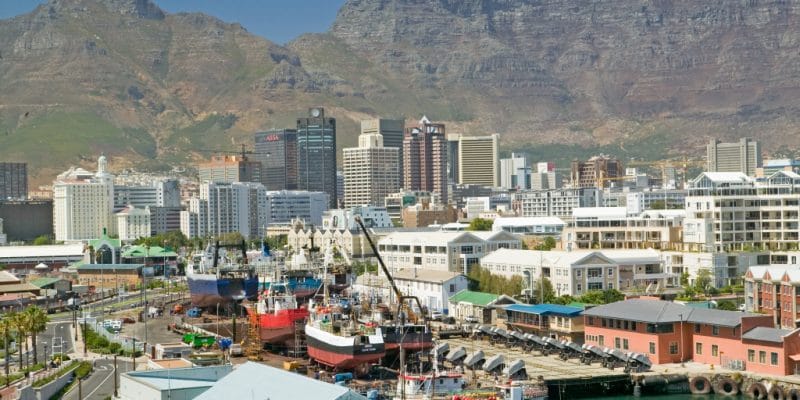In South Africa, the city of Cape Town is planning to gradually move away from the monopoly of the South African state-owned utility Eskom, which is unable to end load shedding. The city is preparing tenders for the purchase of electricity from renewable sources from independent power producers (IPPs).
The city of Cape Town is planning to diversify its electricity supply sources. In a recent release, Mayor Geordin Hill-Lewis made known his intention to turn to independent power producers (IPPs) to reduce the impact of load shedding on households and businesses in the city. Within the next two weeks, the municipality plans to issue calls for expressions of interest to select IPPs that will inject clean electricity into the Cape Town grid.
This announcement comes at a time when the monopoly of the state-owned company Eskom is being strongly challenged both in the cities and among other major electricity consumers, including mining operators. At the root of this unease is the resurgence of load shedding which is paralyzing economic activities in South Africa.
The NERSA’s favourable opinion
“It has become clear to the City of Cape Town that if we want to stop the damage caused by Eskom’s monopoly on power generation, we have to take matters into our own hands. The only way we can provide reliable and affordable electricity to our residents is to bring it in from elsewhere,” says Mayor Geordin Hill-Lewis. Faced with the resurgence of load shedding, the authorities in charge of regulating the energy sector have decided to liberalize the sector to allow certain cities to obtain supplies directly from IPPs.
Read also- SOUTH AFRICA: Total and Chariot sign for a solar park at the Tharisa mine
Economic operators now enjoy the same advantages. The National Energy Regulator of South Africa (NERSA) now allows companies to produce up to 100 MW of renewable energy without prior approval. These developments come at a time when South Africa is seeking to revive its economy, which has been hit by the Covid-19 health crisis.
According to David Maynier, the Western Cape’s Minister of Finance and Economic Opportunities, load shedding is costing the South African economy R500 million (nearly $33 million) a day. With losses of R75 million (nearly $5 million) per day, the province has also decided to turn to PPIs.
Jean Marie Takouleu







